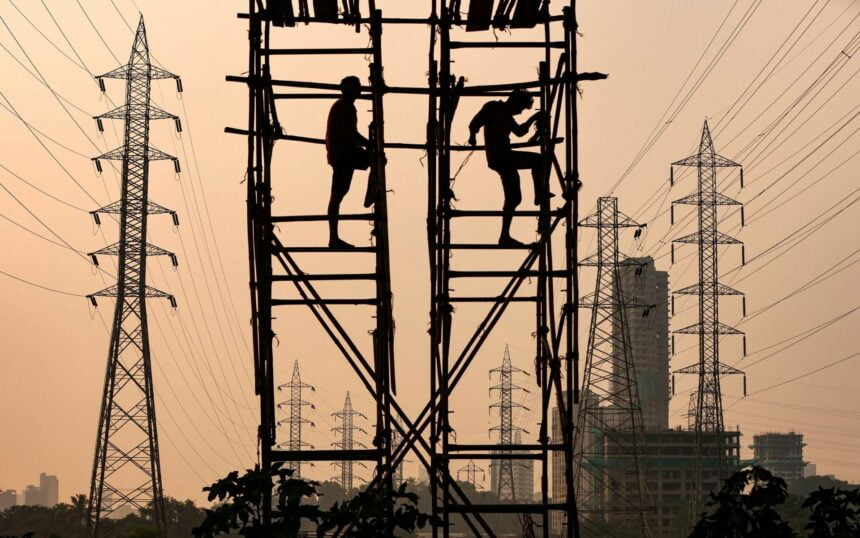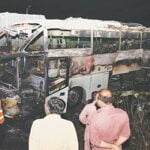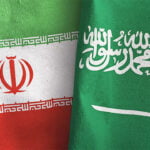On Thursday, due to faulty transmission in electrical supply, many cities in Pakistan suffered a total blackout. It affected mostly southern regions and almost all of Karachi.
The Ministry of Energy issued a statement saying that the loss in transmission resulted from various power plants not properly functioning. Among the faulty power plants, most were located in the eastern part of Pakistan, which is where the country is most active during working hours.
Among the reasons cited by the Ministry Of Energy, one predominant issue was that the power plants kept “tripping” and subsequently could not sustain the electric supply chain.
As to the problem of transmission in Karachi, Energy Minister Khurram Dastgir Khan shared
This morning at 9:16am, our two 500kv lines in the south — Karachi — there was a fault in both of them. I am not calling it an accident yet, because an inquiry has yet to be conducted. […] there was a fault in them and they fell, as a result the country’s southern region saw an electricity blackout.
Parts of Quetta, Multan, Sukkur, Hyderabad, and Karachi faced the problem as well when the two-line supply was disrupted.
The total loss as reported by the Minister of Energy would have been around 8,000MW, of which 4700MW were restored successfully. Multan and Faisalabad have been dealt with while the electrical outage continues in parts of Hyderabad.
Repair teams have been employed in the affected areas and are working to restore order. North Pakistan did not face the problem.
Minister of Energy further said:
We expect that those plants will start production in the next few hours, and as I said, we will completely restore the system between 7-8pm. Our priorities at present are [the restoration of power in] Karachi and Quetta and then Hyderabad too.”
Currently, KE is withholding 1,000MW, which will be resumed after the transmission problems have been tackled.
The supply chain is expected to function properly near midnight tonight. Until then there can be some unexpected shortages and blackouts in affected areas.












